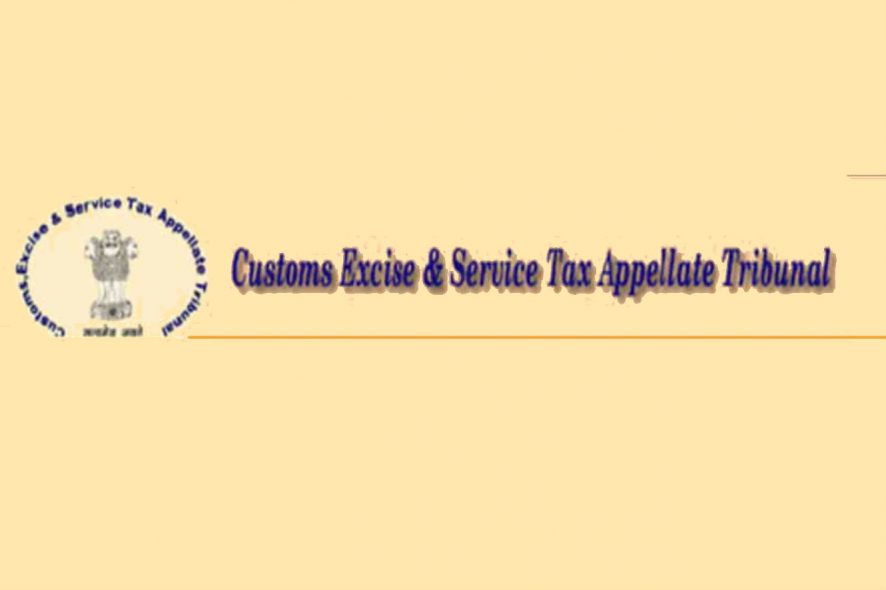Customs, Excise and Services Tax Appellate Tribunal (CESTAT): A Division Coram of Dilip Gupta, J. (President) and P.V. Subba Rao (Technical Member) allowed an appeal which was seeking quashing of Order-in-Appeal passed by the Commissioner of Customs (Appeals) New Custom House, New Delhi which had set aside the impugned order and allowed the appeal by the department.
The appellant was a subsidiary of M/s. Volvo, Sweden who owned 99.99% of the appellant‟s shares. The parent company manufactures Completely Built Units (CBU) of motor vehicles that were imported and sold by the appellant. Customs duty was chargeable on most goods including motor vehicles on an ad valorem basis. The case of the Department was that the Order in Original it was mentioned that “no expenses are incurred by the importer on behalf of or by understanding or agreement with or under instructions from the suppliers of the goods, e.g., advertising, propaganda expense or any other expense for the sale of the imported goods”. On the other hand it was stated that the importer “needs to manage the customs taxability, inventory cost and simultaneous distribution of imported goods as well as sales promotions including advertising and marketing for its entire business in India.” Whether such expenses had a bearing on the price was required to be analyzed. The authorized representative of the Department, Mr Sunil Kumar submitted that such payments are includable in the assessable value as per Rule 10 (1)(e). The appellant‟s case was that these were expenses incurred by them on their own account to promote their own business.
The Tribunal clarified that Rule 10 (1) (e) required that any payment made as a condition for sale to either the seller or to a third party to satisfy the obligations of the seller was to be included in the value and it found that the appellant was responsible for certain activities such as customs, taxability, inventory costs, distribution, and sales promotions including advertising and marketing for its entire business in India, it cannot be called a payment to their foreign supplier but would be managing affairs related to its own business.
The Tribunal added that it would have been a different case, if the appellant was required, as per the agreement to promote, at its cost, the sales by the foreign suppliers to other customers in India or make some payment on behalf of the seller to a third party. In such a case, some expense would have been incurred by the appellant that could have been examined to see if it formed an additional consideration for the sale of the goods to the appellant.
The Tribunal while allowing the appeal held that, “The appellant is a distributor and is in the business of selling the cars which necessarily requires them to deal with imports, pay taxes, promote sales, advertise, etc. These, in our considered view, cannot be termed as expenses incurred on behalf of the foreign supplier although the foreign supplier would also indirectly benefit if the appellant‟s business improves. The foreign supplier is also independently selling the goods (cars) to embassies, etc. and there is nothing on record to show that the appellant has incurred any expenses to promote such sales,”[Volvo Auto (India) (P) Ltd. v. Commr. Of Customs, 2021 SCC OnLine CESTAT 254, decided on 25-05-2021]
Suchita Shukla, Editorial Assistant has reported this brief.







